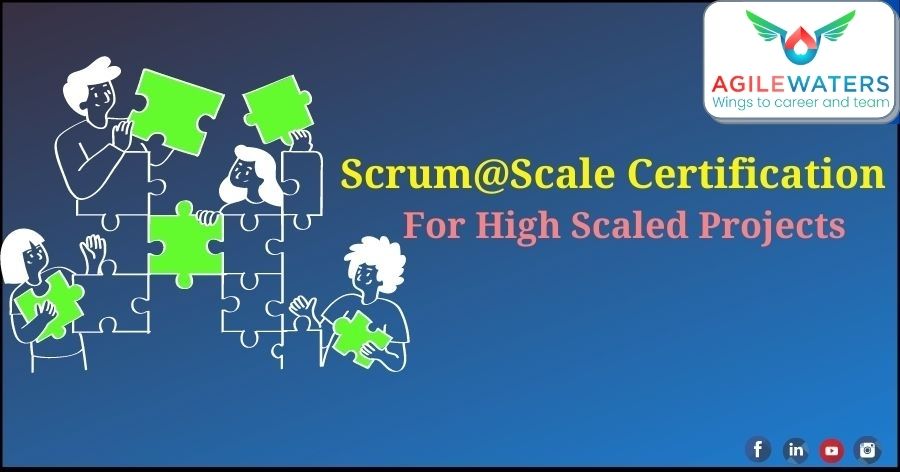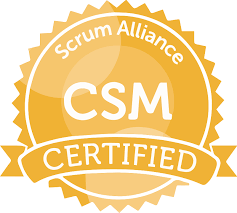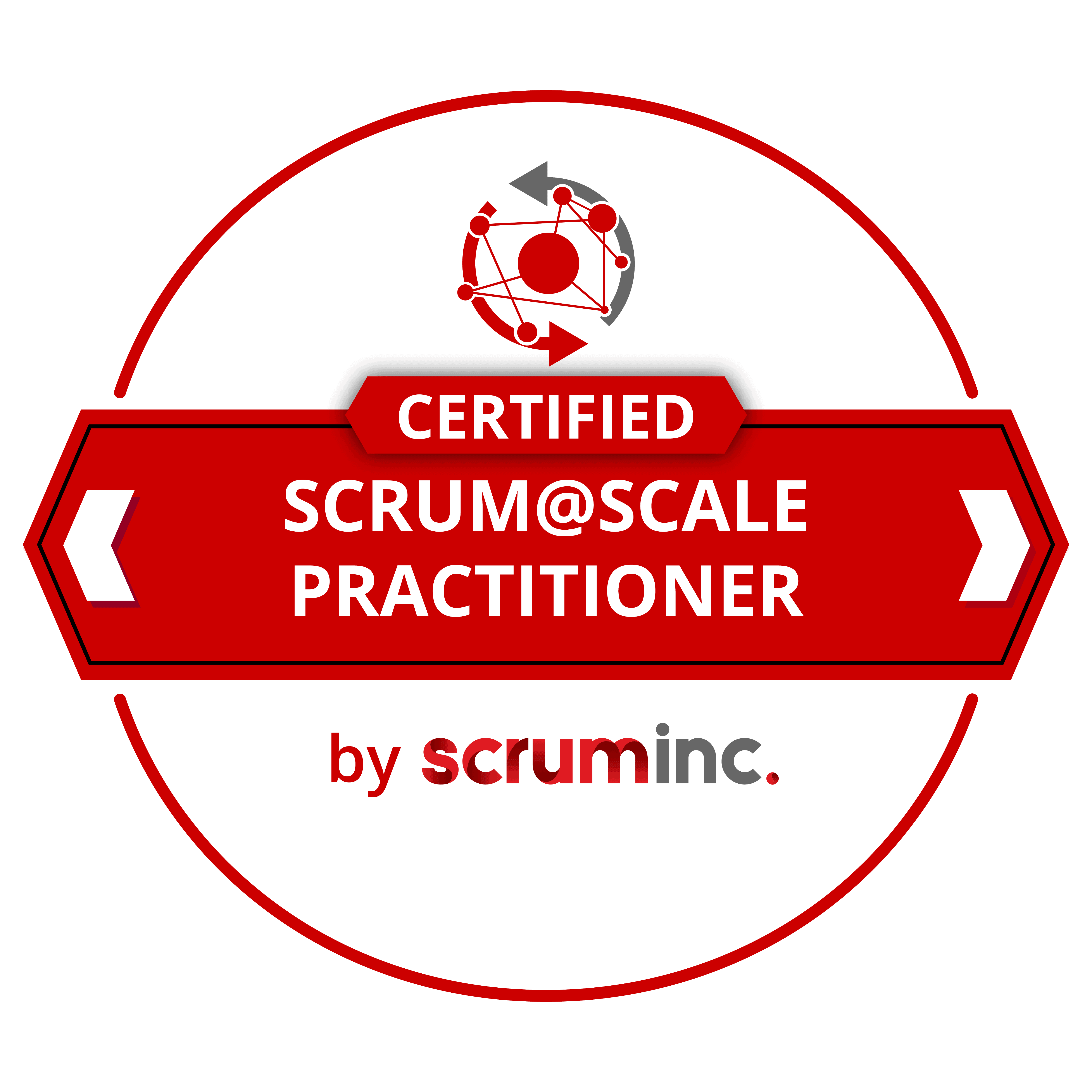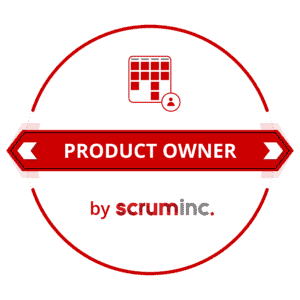
Scrum is the widely adopted framework for its feature of lightweight technique and implementation with ease. Most of the big MNCs use this framework for high scaled projects as it drives efficiency and collaborative approach to achieve the target within time. But the use of Scrum Framework for high Scaled projects requires the involvement of multiple teams with the cross-functional properties. And for the involvement of multiple teams in the scrum workflow process, the necessity of Scrum at Scale Practitioner Certification is mostly suggested and preferred as well.
The Scrum Framework in its initial days used to work perfectly for small, but with time its approach and demand increased within multiple team coordination processes in big MNCs. This led to the creation of Scrum@Scale Framework by Jeff Sutherland who is the co-creator of Scrum Framework as well.
The Scrum@Scale framework is efficient, optimised and configured agile approach for high scaled projects. As almost all the big MNCs rely on the framework of Scrum@Scale for high scaled projects in their workflow process, the need of the Scrum@Scale Certified practitioners are getting much outreach and demand.
The Scrum@Scale Framework:
Scrum@Scale Framework is the gateway by which the fundamentals of Scrum could easily be implemented within multiple cross-functional teams which consist of hundreds and thousands of scrum practitioners. Previously the framework of Scrum used to function appropriately for a small group of teams, but with the evolution of Scrum@Scale, the possibility of implementation of the concept of Scrum for thousands of multiple teams within an organisation became successful.
Jeff Sutherland, the co-creator of Scrum, implemented this idea to make practitioners of Scrum use its fundamentals for multiple teams at large scale projects. As the Scrum framework proved successful for small teams, the practice of Scrum with Scrum@Scale also became successful for the coordination with multiple teams comprising hundreds of team members involved.
Scrum@Scale framework comprises components which plays a crucial role in scaling events, roles, artifacts of the whole of the organisation through a set of approaches that combines all in one. Scrum@Scale serves best in purpose for the multiple teams within an organisation who coordinate on multiple networks for the same prioritised goals, with the configured approach.
As the Framework of Scrum@Scale drives a value-based culture within the organisation, it helps to attain linear scalability and business agility with the ethical workflow process. The workflow process in Scrum@Scale structures different layers which help to configure the appropriate scaling with Product, Development and Scrum team, System and Management.
With much and more success rates coming from all across the globe, the practice of Scrum@Scale is getting good outreach. Big MNCs like John Deere, Schlumberger, TCS, Siemens, Master Card, Deutsche Bank and many more have implemented Scrum@Scale for large scale projects.
Meaning of “Scale” in Scrum@Scale Framework:
The Concept of @Scale means multiple cross-functional scrum teams of hundreds and thousands working on the shared goal. The @scale approach is an efficient and configured road map which aims at the attainment of the highest possible value with a sustainable approach within multiple-valued team coordination. The framework of Scrum@Scale helps to react and address the complex organisation’s problems very quickly which makes the coordination of the team linear and invokes an agile development path.
The framework of Scrum@scale is a lightweight technique which means it provides the minimum viable bureaucracy. Being lightweight it is easy to understand and implement among the Scrum team. But at the same time, it is tough to master as it requires the implementation of a new operational model which governs the workflow process.
How many teams can be coordinated using Scrum@Scale?
To scale Scrum within the multiple teams with Scrum@Scale, Jeff Sutherland, the man who proposed the framework of Scrum says that one can create multiple teams of an optimal size which implements the Scrum operations in the organisation. The teams comprises Scrum of Scrums with a facilitator who guides the Scrum team. The facilitators are Scrum Masters who coordinate the workflow process to account Scaled daily Scrum (SDS) with efficiency.
The Scrum team shares a common pattern and visualises the Scrum@Scale framework collectively. While scaling the Scrum within multiple teams, it is a necessity to address the backlogs and blockages quickly which makes the planning collaborative across all the Scrum team. This makes team coordination much more effective and at the same time also widens the approach.

How to Scale Operations with Scrum@Scale?
Scaling the projects with the Scrum@Scale framework should be done on consideration of various parameters. Scale operations with Scrum@Scale states to analyse the process and productive workflow thoroughly which gives the expected and delivered product the same.
The Various parameters which thus scales the various operation are the following:
1) Battle the Complexity:
Developing an approach which resolves the complexity with an agile path is not that easy as it sounds. There are complexities in various operations which makes it tough to maintain the accurate structured Scrum@Scale framework model. The measure of Scale gives the account of the gravity of how appropriately and efficiently the members of Scrum should work.
This helps in the resolution and framing of the workflow process whose performance keeps increasing with time while the skills keep growing at a rapid rate which allows solving the complex problem quickly.
2) Regulation of Service and Production gateways:
The Service and Production are the two pillars of an organisation on the base of which, the various operations are performed. So there should be a configured approach with optimised techniques for the same. Scaling the operations with this view in mind provides the overview of how to use the techniques which monitors the service and regulates the productivity.
3) Overview of the entire process:
Overview of the entire process provides an outflow for the section which needs improvement and for the section which is doing good. This helps to estimate what more should be done to outreach focused and productive results.
Upcoming Online Courses:
Responsibilities of a Scrum@Scale Practitioner?
1) Scrum@Scale Practitioner knows about the fundamentals of Scrum and Agile methodology. This allows them to implement Scrum@Scale in the workflow process for large scaled projects.
2) They discover various methods for Agile, Scrum, Scrum Concepts and the complete process of Scrum@Scale to attain business agility.
3) They know about the multiple roles which are involved in Scrum and enhance the scope of the Scrum@Scale within the organisation.
4) They know the methods to deliver the sprints within time and process to implement the fundamentals of Scrum@Scale in Scrum of Scrums coordination.
5) They improve the transparency which will further enhance the team efficiency and performance with a collaborative approach.
Scrum@Scale Practitioner Certification:
Scrum@Scale Practitioner Certification provides the gateway by which you can practice the framework of Scrum@Scale for high scaled projects within the organisation. The Certification is the valuable credential which states your grip on the framework of Scrum@Scale and your standard of knowledge and practical approach of the same.
There are various accreditation bodies who offer Scrum@Scale Certification for the aspiring candidates. The Certification has been found very valuable in terms of career outreach and landing in top MNCs with good-paying jobs.
How to get Certified as a Scrum@Scale Practitioner?
Passing the Scrum at Scale Practitioner Certification exam is the only way to get certified as a Scrum@Scale Practitioner, though it needs few processes to have an evaluated and analysed approach.
1) Register for a 2-day Scrum@Scale training class.
2) Understand the fundamentals of Scrum@Scale Framework, different methodologies along with fundamentals of working by getting trained under a certified trainer in a two-day workshop training class.
3) After completion of the course, register for the Certification exam.
4) Next, you’ll need to pass the Scrum@Scale Certification exam conducted by the respective certification body. Each Certifying body has its own passing criteria.
5) After passing the Scrum@Scale certification exam, you’ll be asked to submit the license agreement to the respective certifying body for acceptance.
6) And once your license agreement is accepted, your Scrum@Scale Practitioner membership profile is completed with membership in Scrum Community and designation as Certified Scrum@Scale Practitioner.
Benefits of Getting Certified with Scrum at Scale Certification as Practitioner:
1) The Scrum@Scale certification helps to attain the good Knowledge of Scrum@Scale fundamentals and trains, fellow persons, to enhance the required skills used for implementation in high scaled projects.
2) Scrum@Scale Certification helps to develop the agile mindset which thinks through the way of Scrum. This leads to an Agile approach which works with Scrum@Scale effectively and efficiently.
3) The Concepts of Scrum@Scale Framework like product backlog, sprint backlog, sprint review, sprint retrospective, etc. act as the pillar in the attainment of business Agility which helps the Scrum@Scale practitioners become Agile and attain Business Agility.
4) The Scrum@Scale certification gives the gateway for the thorough practical approach of Scrum knowledge, which helps in becoming more marketable and relevant with the respective field by the virtue of engagement with Agile values. The certification acts as a valuable Credential of the knowledge of the Agile concepts and Scrum@Scale and gives recognition for having an Agile mindset as Scrum@Scale Certified Practitioner.
5) Scrum@Scale Certification makes you more aware of the latest techniques, technologies and resources which helps to have a better workflow process and properly organised team with smooth cross-functional team management.
6) The Certification helps to adopt Agile methodologies which ensures organisation better yields, effective product management, timely insights, increase of productivity, better capability to groom product backlog and much more.
7) The certification helps to build a better understanding of Scrum knowledge while working with the Scrum Team. At the same time, it also increases productivity which helps to communicate and collaborate in a more organised manner.
8) The process to earn a Scrum@Scale Certification takes you to go through an agile journey from the experienced Agile Coach which helps to embrace a better job and career opportunities.
9) With being Scrum@Scale Certified Practitioners, you can connect with various Scrum professionals which helps in continuous improvements which helps you to have an Agile approach.
10) With Scrum training and certification your workflow process becomes more flexible which ensures fast delivery with quick releases. This brings a positive change in you which creates a difference for your organisation in a positive aspect.
Different Certifying body for Scrum@Scale:
Scrum Inc:
Scrum Inc. was founded by Jeff Sutherland who is the founder as well as co-creator of Scrum as well as Scrum@Scale Framework. Scrum@Scale provides training, consulting, and counselling to various companies and individuals for having the growth with an Agile Path by virtue of the Scrum Framework.
Scrum Alliance:
Founded in the year 2011, Scrum Alliance is a globally recognised and renowned organisation for different Scrum Certification. It supports Scrum adaptation, techniques and workflow implementation process while having a focus on organisational transformations. It is the largest, most established organisation for Agile Practitioners and has provided certification that has trained more than 700,000 professionals worldwide.
Scrum.org:
Scrum.org was founded in 2009 by Ken Schwaber, the co-creator of Scrum Framework. It provides training, post-work implementation approach and certifications based on the principles of Scrum and Agile fundamentals to improve software delivery process effectively. Scrum.org empowers the people and organisations all across the globe to achieve agility through Scrum.












